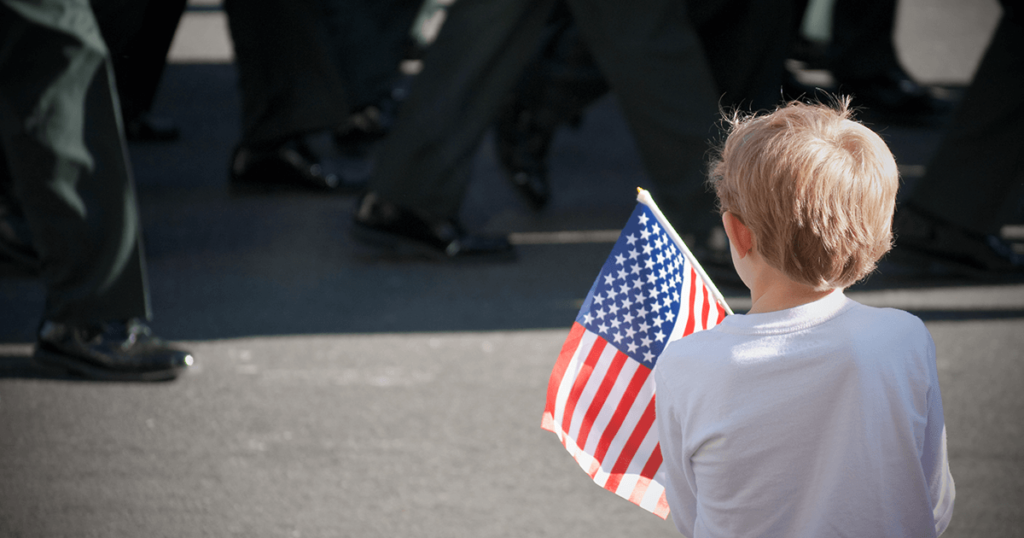
My father was among the youngest of 12 children. He called his oldest brother Brother. So we called him Uncle Brother.
“Brother fought in World War I,” Dad would say. “That’s why he’s deaf in that ear.”
“What happened?” I’d ask.
“We don’t know. He didn’t want to talk about it when he came home.”
But Uncle Brother looked like a classic war hero to me—tall, straight-backed, and handsome.
I didn’t know much about him otherwise, except that after the war, he’d worked at the shipyards in Galveston and married a woman we called Texas.
They couldn’t have children, so they adopted a baby named Jackie, and when they’d come to Birmingham, Uncle Brother would smile and ruffle my hair and tell me how proud he was of me. Which was fine. But I wanted to ask him about the war, only to remember then what Dad had said.
When Aunt Texas died, Uncle Brother and Jackie moved to Birmingham, where we lived. She was athletic and beautiful. I played in the band.
On a bitterly cold, rainy Veterans’ Day, the band passed a downtown corner where a tall man in a long-green overcoat was standing under a lamppost decked with American flags. The man was Uncle Brother, of course.
He didn’t have on a hat or a scarf, and I wondered why not, and why he stood so still, looking neither left nor right, up nor down, as we and the rest of the parade went by.
After Jackie got married and moved to Atlanta, she and her husband took Uncle Brother to live with them. One night I got word that he’d had a series of heart attacks so severe that he’d been transferred back to the VA hospital in Birmingham.
When I got there, he was laid out in the center of a room under glaring lights, a room filled with tubes, cords, and machines of every kind. I walked close and leaned down to him. He opened his eyes a little, and then slowly lifted the edge of his breathing mask. With a finger of his other hand he motioned me close.
“Your father came to see me this morning,” he whispered. “I’m worried about him, Dennis. He didn’t look good.”
The next day, Uncle Brother died.
At the cemetery, I told Jackie how her father was worried about his younger brother’s health on the very night before he died.
“Yep. That was Pop,” she said, and we laughed. We both knew how much the brothers had loved one another.
“I just wished I could have talked to him about the war,” I said.
She looked at me, astonished.
“You should have been in Atlanta. That was all he talked about.”
We laughed again, this time even deeper from the heart.

